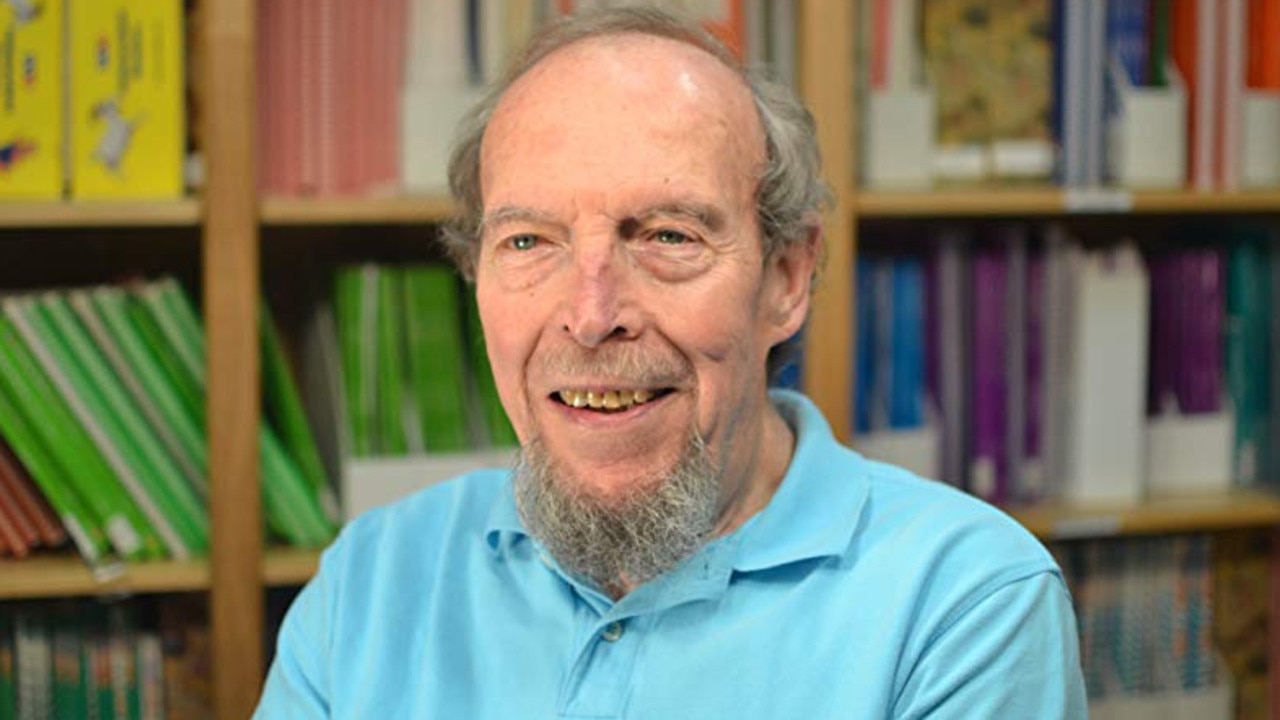Networks of opportunity involving the private sector are vital for indigenous development
NO matter what you know, it's who you know. No matter how great you are, you got to know somebody. - Ted Hawkins, Ladder of Success
BY definition, socially disadvantaged people do not have networks of opportunity. While they interact with government service providers, they do not have networks in the private and professional sectors. The networks of opportunity advantaged people use every day and that they take for granted are not available to disadvantaged people. They live in a different, closed world dominated by government and charitable services. Their access to information about where and how to pursue opportunities, or where a job, training or enterprise opportunity may be, is limited.
People from disadvantaged communities know, in ways that advantaged people do not, that many doors do not open from the outside. I do not know of any indigenous Australian on the board of a top 500 company. Even government appointments to boards other than those of specifically indigenous organisations exclude indigenous Australians. While there are increasing examples of indigenous people in the upper echelons of government, academe and the private sector, they are still scarce. Three per cent of the population comes nowhere near 3 per cent representation in any of the sectors of power and opportunity.
This year marks the 13th year of Jawun, a remarkable initiative aimed at opening the doors of opportunity in the private sector to Aborigines. Through it, hundreds of staff from the country's leading corporate organisations - including the big four banks, KPMG, leading law firms such as Freehills, Qantas, Wesfarmers, QBE, IBM and many more - have partnered with indigenous communities.
We started Jawun in 2000 because we wanted a vehicle for corporate and philanthropic partnerships to help us prosecute our Cape York reform agenda. Then Queensland premier Peter Beattie convened a roundtable in Weipa that brought together a clutch of business executives and philanthropists. Ann Sherry, then a senior executive with Westpac, and Colin Carter from the Boston Consulting Group took the initiative and established a secondment program of staff from their organisations to work with Cape York organisations to develop and implement our reform ideas. Carter, an AFL commissioner, got together with two fellow Harvard alumni, Graeme Wise from The Body Shop Australia and Chris Bartlett, now a professor at Harvard - a perfect example of the advantage of networks.
Since Sherry kicked off the Westpac partnership we have had hundreds of Westpac people contribute to our work in Cape York. Experts in banking, information technology, project management, strategy, communications and so on have helped us get to where we are today.
This week Queensland Aboriginal Affairs Minister Glen Elmes launched a book by former magistrate Dean Wood on the story of the Family Responsibilities Commission. I was reminded that while the FRC was an idea I had developed, the young man responsible for turning it into a plan was Bevan McKenzie, a young New Zealander seconded by the BCG to work with me. The lawyer and Oxford graduate who helped develop the legislation now works in international aid. We have lost count of the Harvard, Oxford, Yale and Princeton graduates who have spent three months or three years working with us. Indeed our first BCG secondee, Alan Tudge, is now the Liberal federal member for the seat of Aston in Melbourne. Two others are deputy secretaries in Canberra.
Not only do these organisations bring corporate networks with them, the individuals bring their personal networks as well. Therefore we've had a string of Rhodes scholars work with us over the years. It reminds me of the time former Liberal Party senator Fred Chaney was out camping with young boys from the Boys from the Bush program with Tony Abbott, long before he became Opposition Leader. Surprised to learn Abbott was a Rhodes scholar, Chaney brazenly said, "Gee, they must give the Rhodes to anybody."
The breakthrough concept championed by Sherry and Carter involved four key elements.
First, they focused on providing us with their most important resource: their people. Our great deficit is people with know-how, experience, expertise and networks. The Jawun partnerships help by fixing our people deficit.
Second, they support our leadership and our agenda. They do not have their own agendas, they help us to pursue our goals.
Third, they help us build capacity. Through the high-quality people they second, our organisations have increased their capabilities tenfold.
Fourth, they help us do the one thing government can never do: innovate. Our innovations in welfare reform and education would never be possible if governments were our only source of partnership. Governments are, by their very nature, averse to risk and unwilling to support new approaches and new ideas. Our education initiative, Cape York Aboriginal Australian Academy, is the result of seed investment by the Vincent Fairfax Family Foundation and corporate secondments from Westpac, St George and IBM.
Finally, they commit to a development agenda for the long haul. Jawun represents a departure from the traditional model of corporate philanthropy where support is provided to individual organisations for individual initiatives. The Jawun model is focused on long-term social change.
Since its genesis in Cape York, Jawun has established similar partnerships across the country, working in partnership with indigenous leaders and organisations in a diverse range of communities.
It has been working with Paul Briggs and a group of organisations around the Rumbalara Football & Netball Club in Shepparton, Victoria.
And since former Macquarie Bank head Tony Berg became chairman and former Qantas executive Karyn Baylis took over as chief executive, Jawun has ramped up partnerships in the East Kimberley with Ian Trust and the Wunan Foundation. It has established a partnership with Mick Mundine's Aboriginal Housing Company and other organisations in Redfern and La Perouse, and with Sean Gordon and the Darkinjung land council on the NSW north coast.
It is in partnership with Galarrwuy Yunupingu's organisations in northeast Arnhem Land and with Wayne Bergmann's organisations in the west Kimberley.
It is in the early stages of working with Andrea Mason and leaders from the central desert Ngaanyatjarra Pitjantjatjara Yankunytjatjara Women's Council.
After more than a decade of working with corporate and philanthropic organisations through Jawun, it is clear to me our development goals will never be realised without expanding our networks into the sectors of power and opportunity. We cannot do it ourselves or with governments alone. Indeed exclusive government partnerships end up being a welfare trap. We need networks of opportunity that bring indigenous communities together with the private sector and government in order to achieve development.
As the Californian busker Ted Hawkins sang: "No matter what you know, it's who you know."
Noel Pearson chairs the Cape York Institute for Policy and Leadership.


